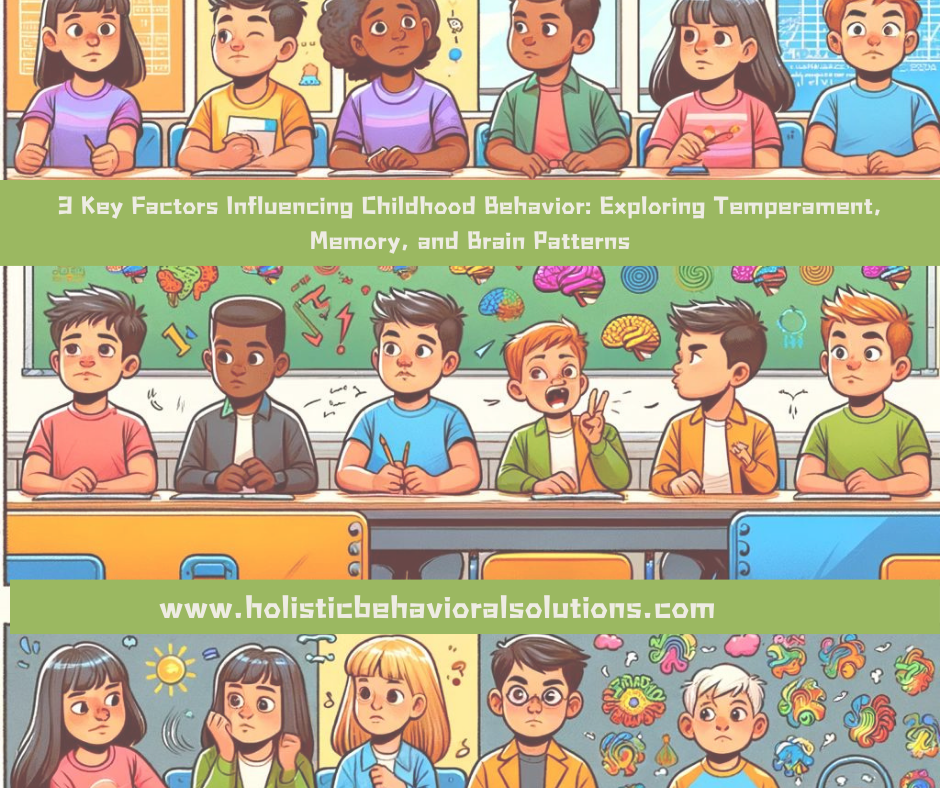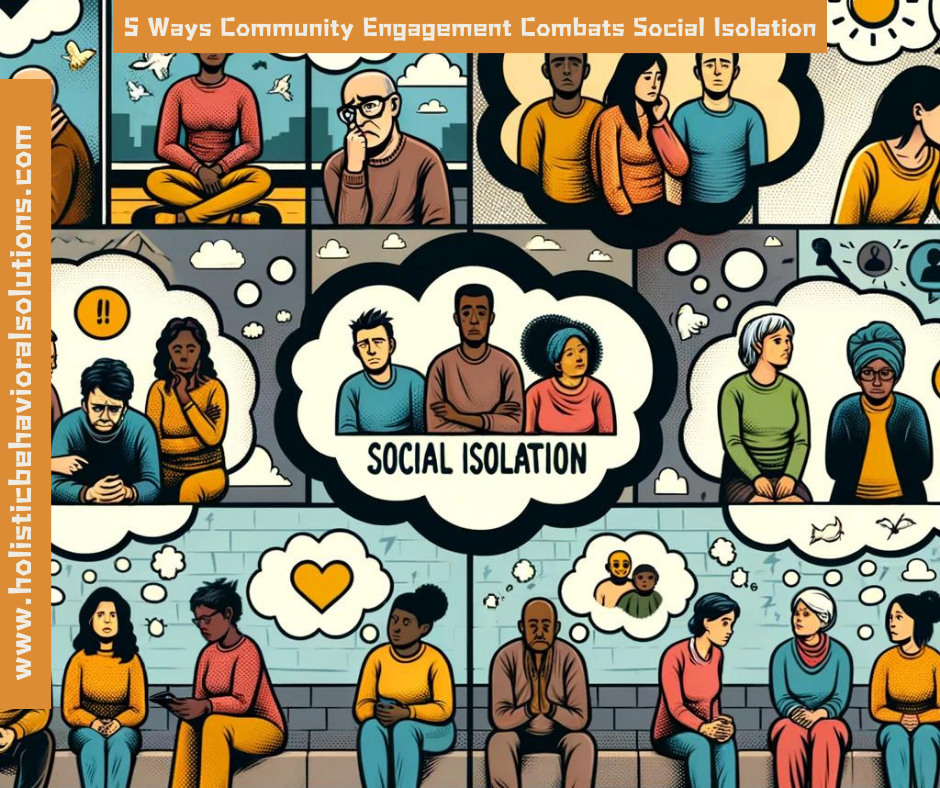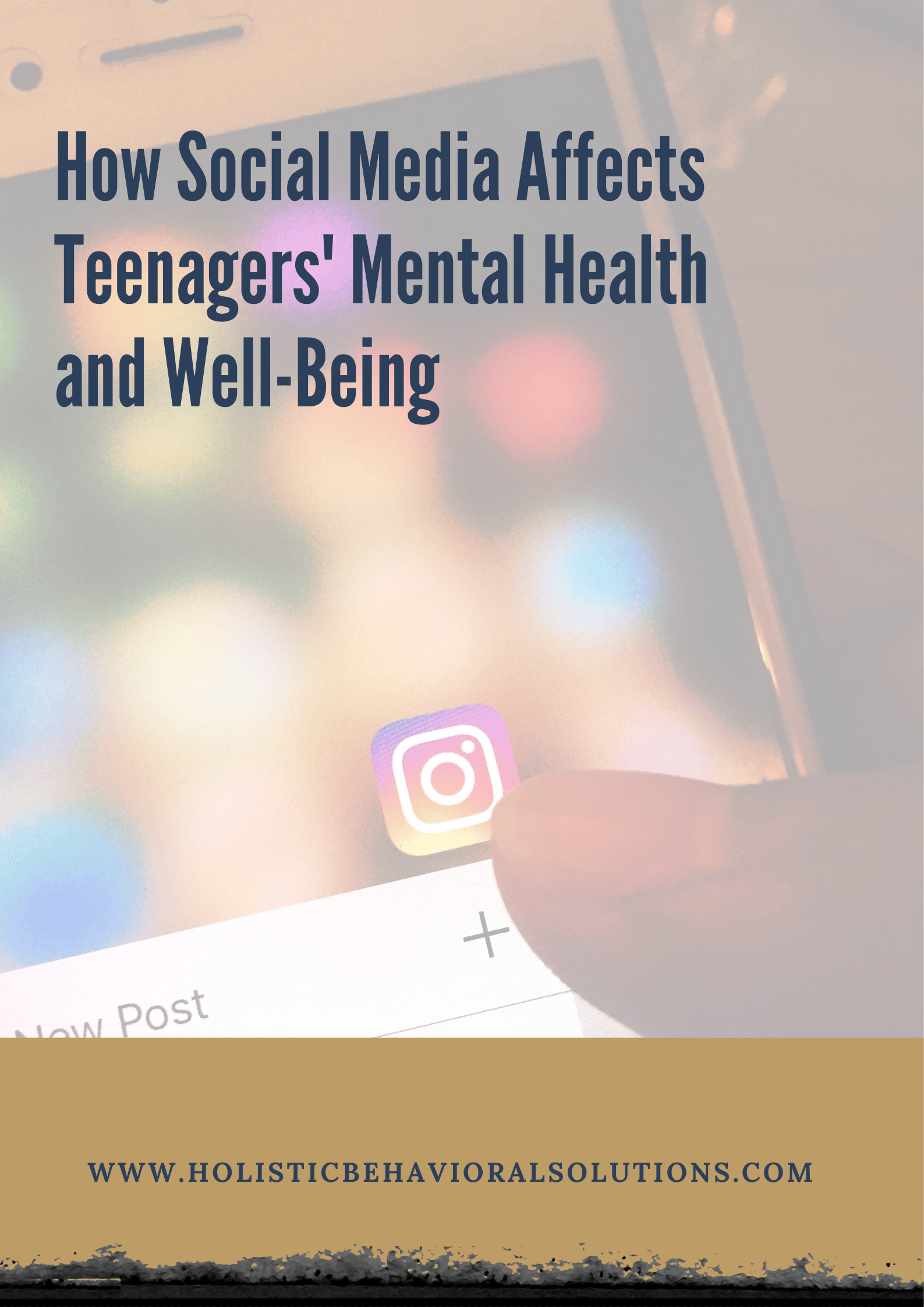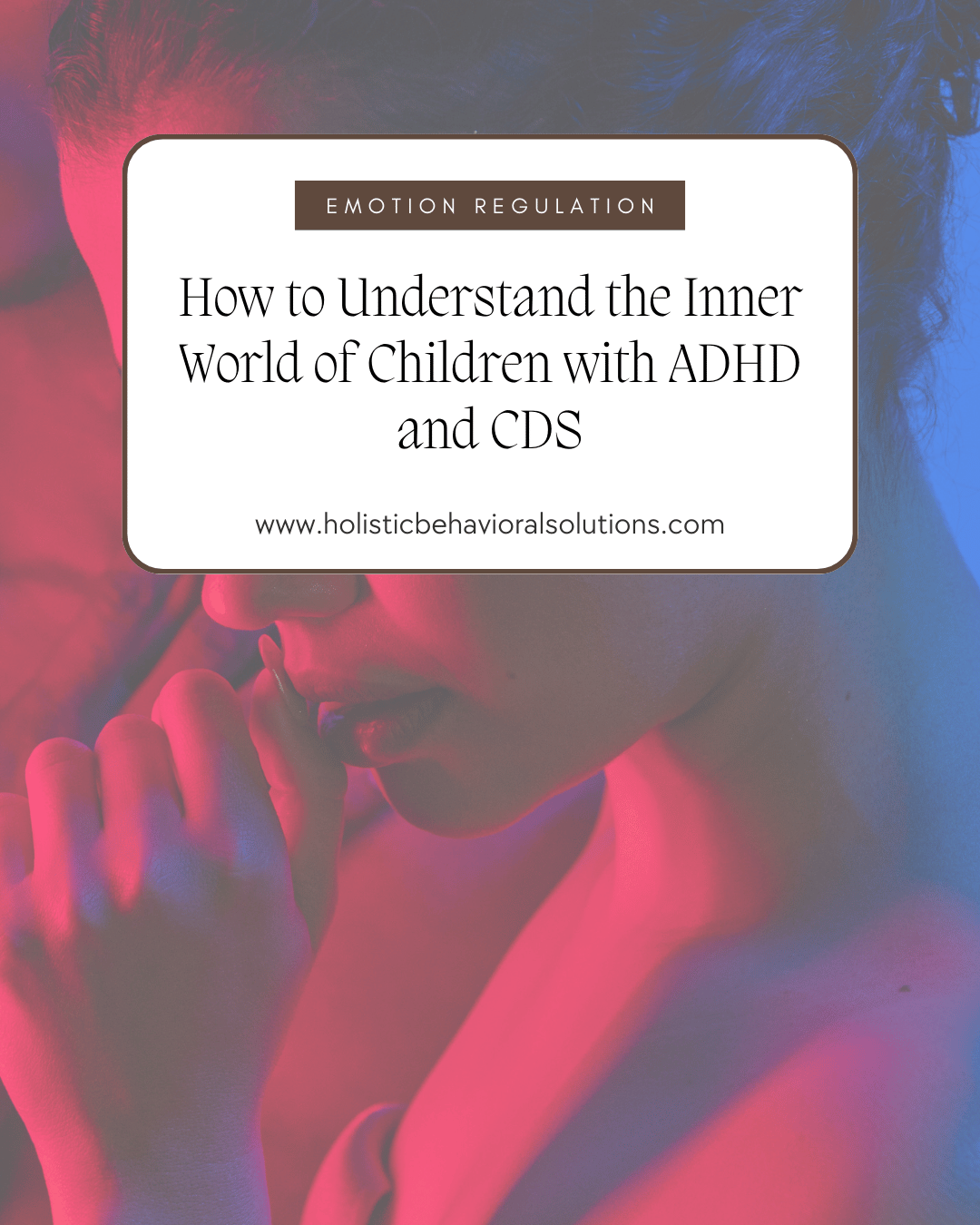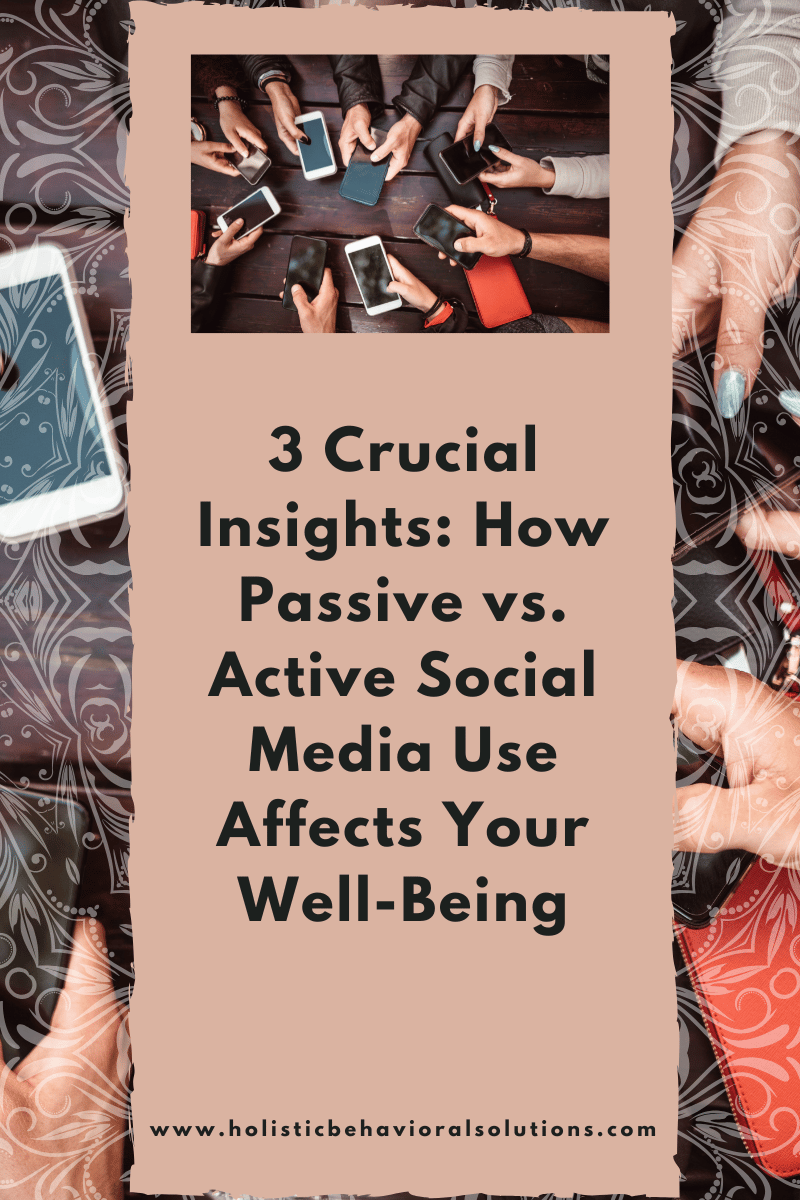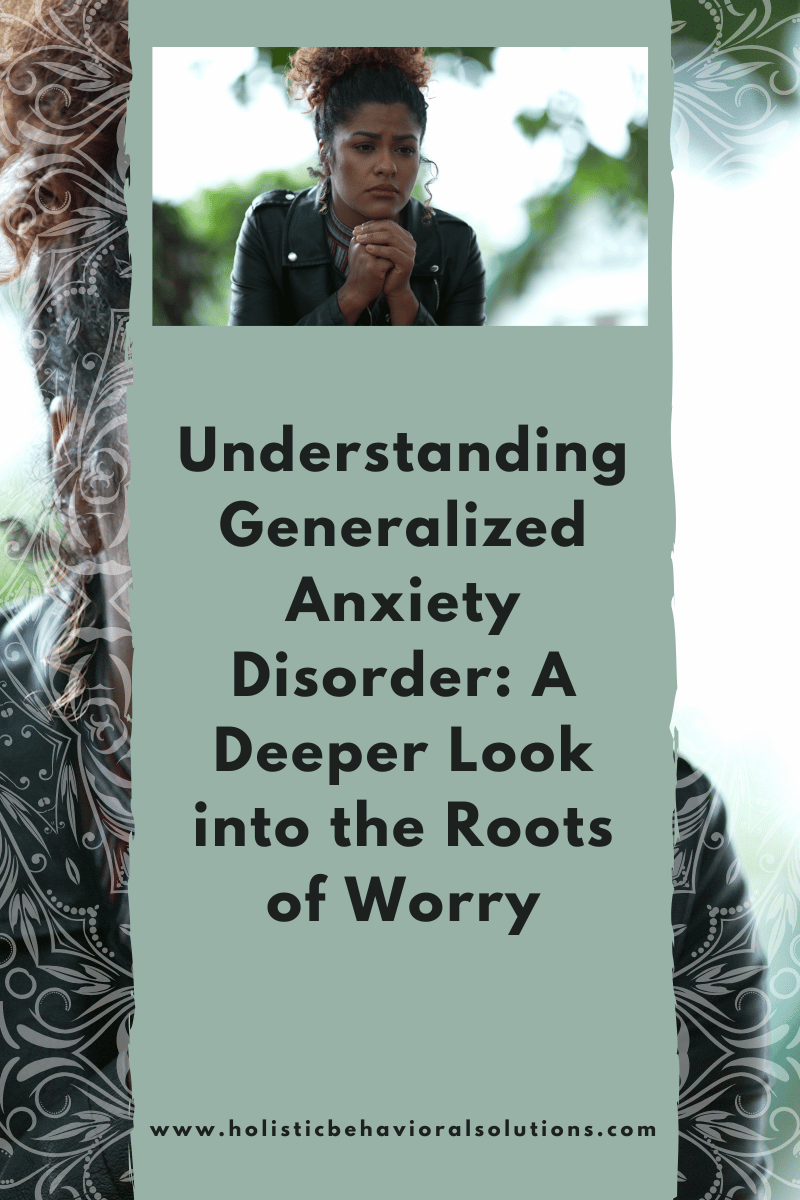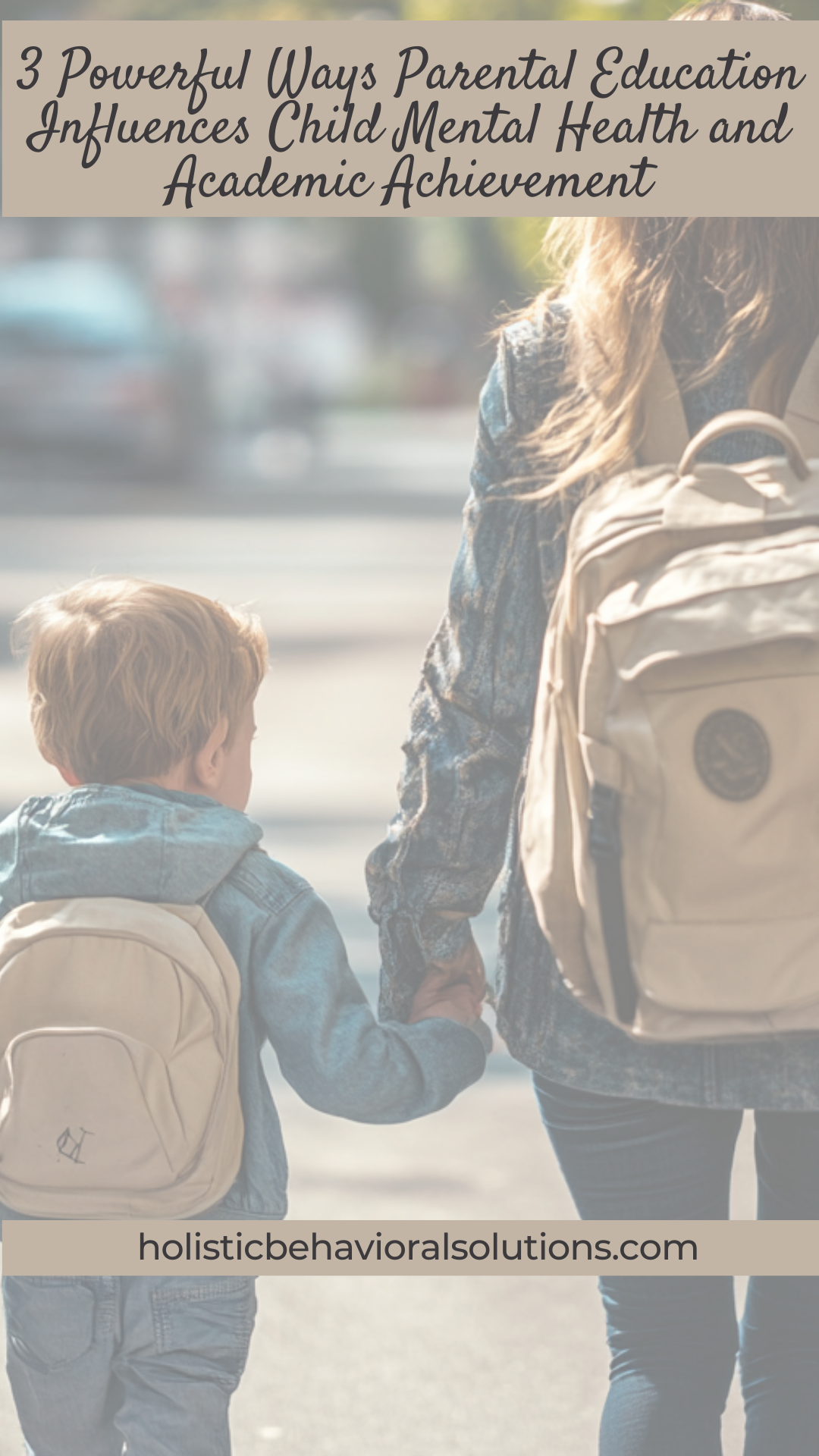5 Essential Elements of Effective Black Parenting
Effective Black Parenting is a movement and an evolving landscape of parenting in America that has gained significant attention in recent years. It sheds light on the unique approaches and challenges within African American family dynamics. It turns up the volume on the positive and takes a solution-focused approach to the negative.
5 Essential Elements of Effective Black Parenting Read Post »


